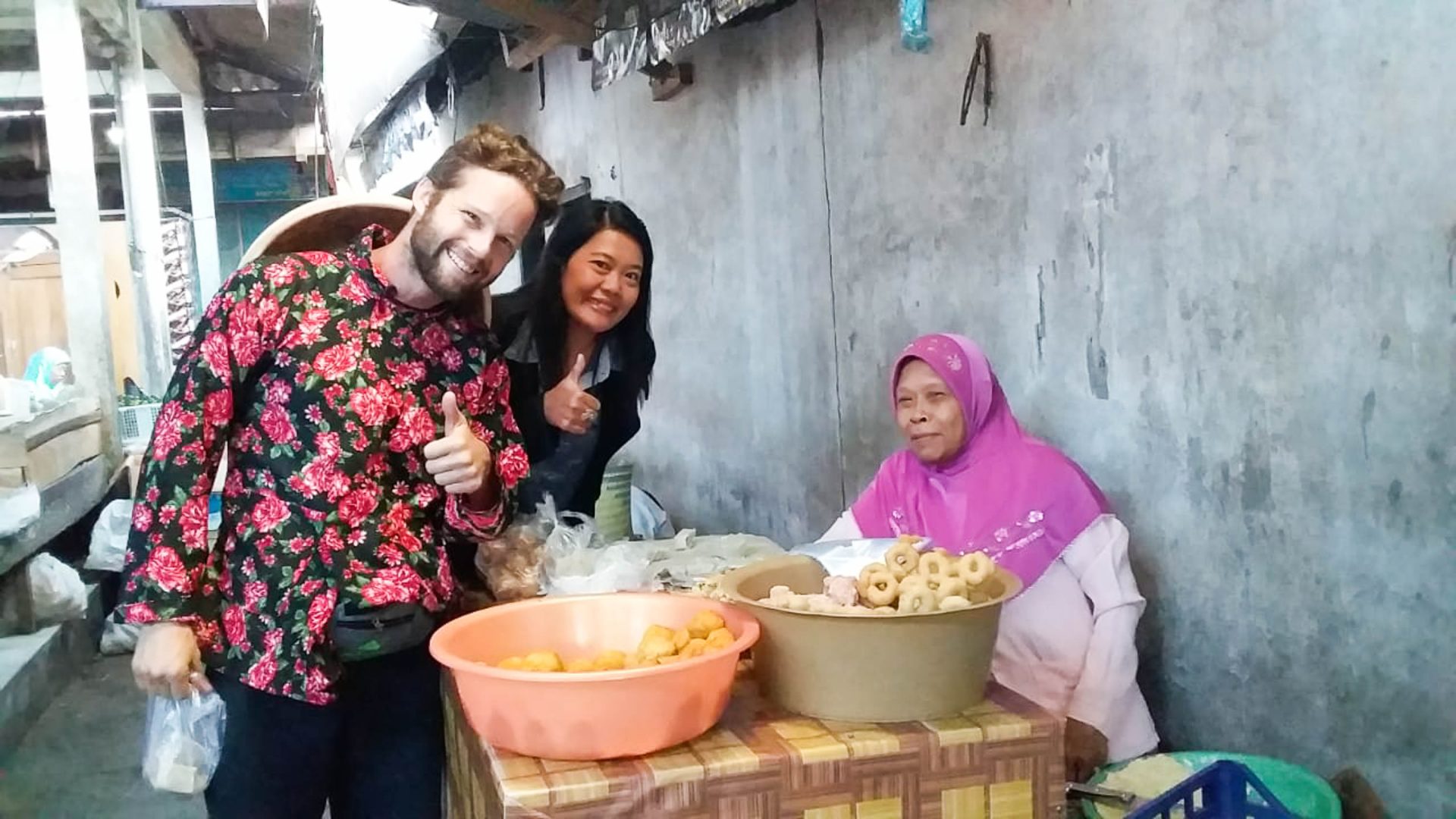
For Johnny Motley, couchsurfing was the key to exploring the world, offering a travel experience unlike any other. The pandemic may have changed things, but for Motley, it was the most rewarding form of cultural immersion.

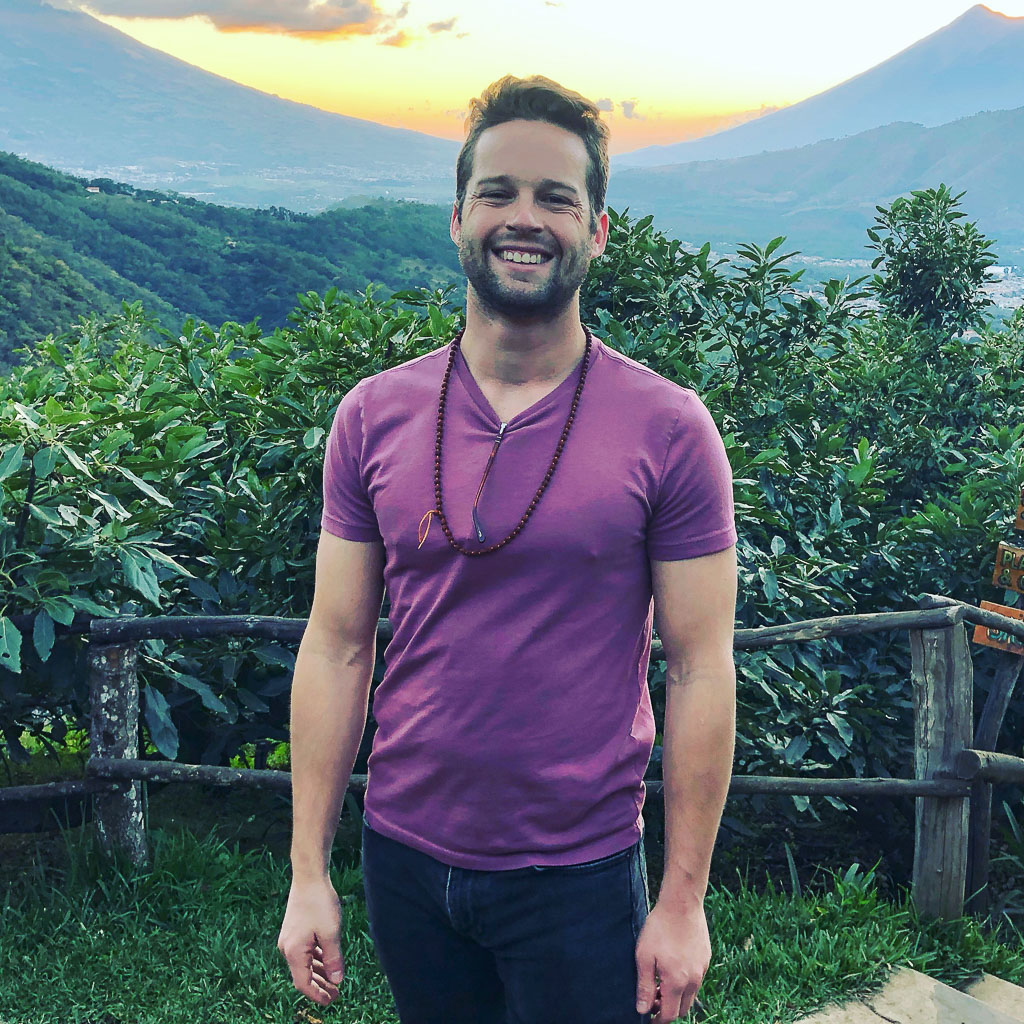
For Johnny Motley, couchsurfing was the key to exploring the world, offering a travel experience unlike any other. The pandemic may have changed things, but for Motley, it was the most rewarding form of cultural immersion.
Years before Airbnb normalized staying in strangers’ houses, hundreds of thousands of hosts on Couchsurfing.com offered up spare sofas, hammocks, floor spaces, or if you were really lucky, beds to travelers they had never met.
With a well-written open request and a few clicks, you could find a free place to crash in cities as far-flung as Tehran, Tel Aviv, or Tokyo. Couchsurfing even took root in many of the most isolated communities on the planet—remote villages in the Amazon, research stations in the Arctic, active warzones, you name it. Per the website’s rules, no money could change hands. Instead of monetary consideration, good surfers reciprocated in creative ways: help with housework, language lessons, or perhaps a 6-pack or two from the local market. Never was the backpacker spirit of curiosity, adventure, and thrift so beautifully articulated as with Couchsurfing.
The concept of Couchsurfing was conceived in the late ’90s when Casey Fenton, a college-aged coder from New Hampshire, traveled to Iceland and quickly realized that even the cheapest hostels in the notoriously expensive Nordic nation were beyond his budget. Putting his technical skills to use, Fenton hacked into the student listservs of Icelandic universities to inquire if any kind young scholar might offer him a place to crash for a few days.
Almost immediately, dozens responded in the affirmative. Most of the students who offered to host Fenton were eager to practice English or simply tickled by the idea of showing a foreigner around Reykjavik.
Fenton knew he was onto something: An idea with the potential to revolutionize minimal-expense backpacking. A few years after that trip to Iceland, he launched a website where travelers could connect with locals interested in hosting them.
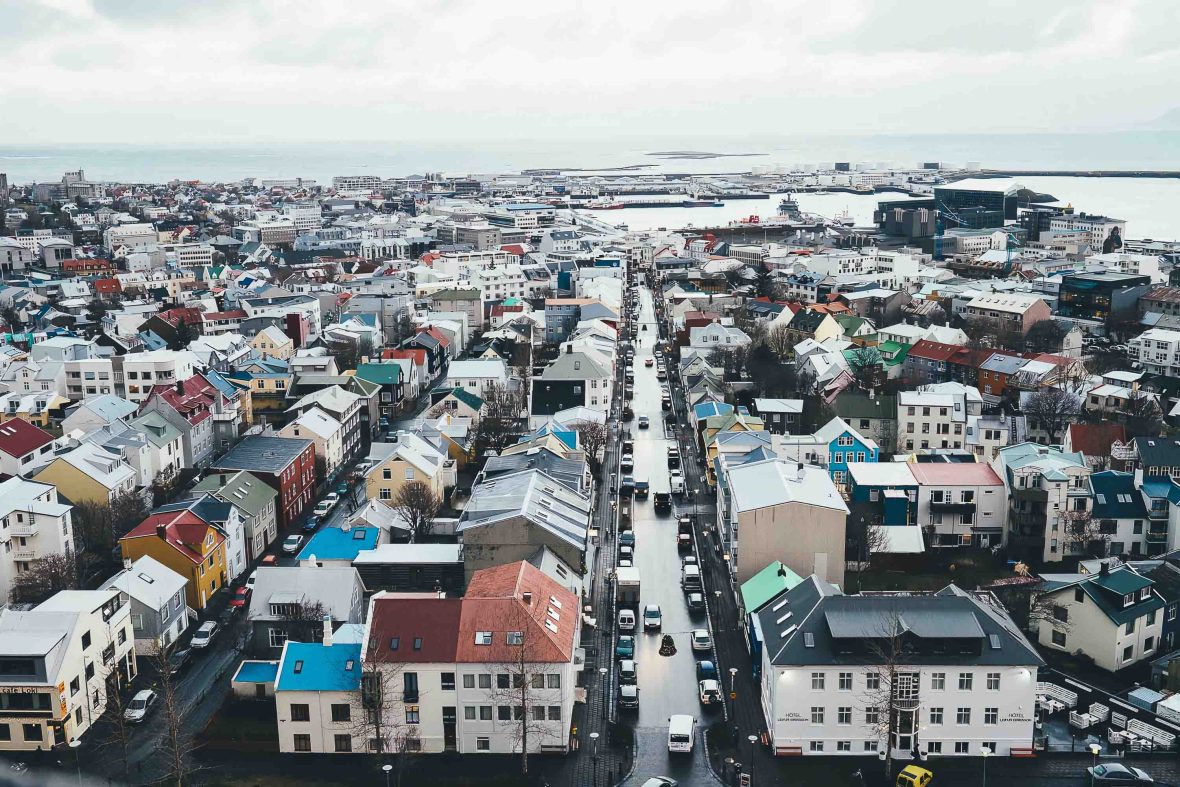
Within a few years, his unconventional brainchild, Couchsurfing.com, spread to nearly every city in the world. Like Facebook, which came later, users filled out profiles with photos and personal tidbits—favorite movies, books, and travel experiences. Like Airbnb, which wouldn’t launch for several years, guests and hosts left each other reviews, thus improving vetting. During the height of its popularity, Couchsurfing boasted over 14 million registered members.
Couchsurfing gained a cult following among backpackers traveling on razor-thin budgets—or traveling with no money at all. But even those who could afford traditional lodging gravitated to the site for the cultural immersion and adventure it promised. While it’s an ugly practice for citizens from rich nations to parachute into poorer countries with no money and expectations of hospitality, Couchsurfing’s benefits really flowed both ways. Many hosts I met in developing countries praised Couchsurfing for helping them master English or find reciprocal places to stay during their own travels in Europe or North America.
I count myself among those who yearned for adventure but who never could have afforded the multi-week, cross-border backpacking stints without Couchsurfing. I stumbled upon the website in 2010, when planning a trip to Hawai’i over my college winter break and maxing out my credit cards on airfare. In a last-ditch effort to avoid sleeping on the beach for 10 days, I created a CS profile and sent out requests to hosts across Hawai’i Island.
Within a day, I had places to stay lined up. Some hosts even offered to take me to Volcano National Park, family cookouts, or their favorite hidden beaches. With a healthy dose of trepidation, I decided to give it a shot.
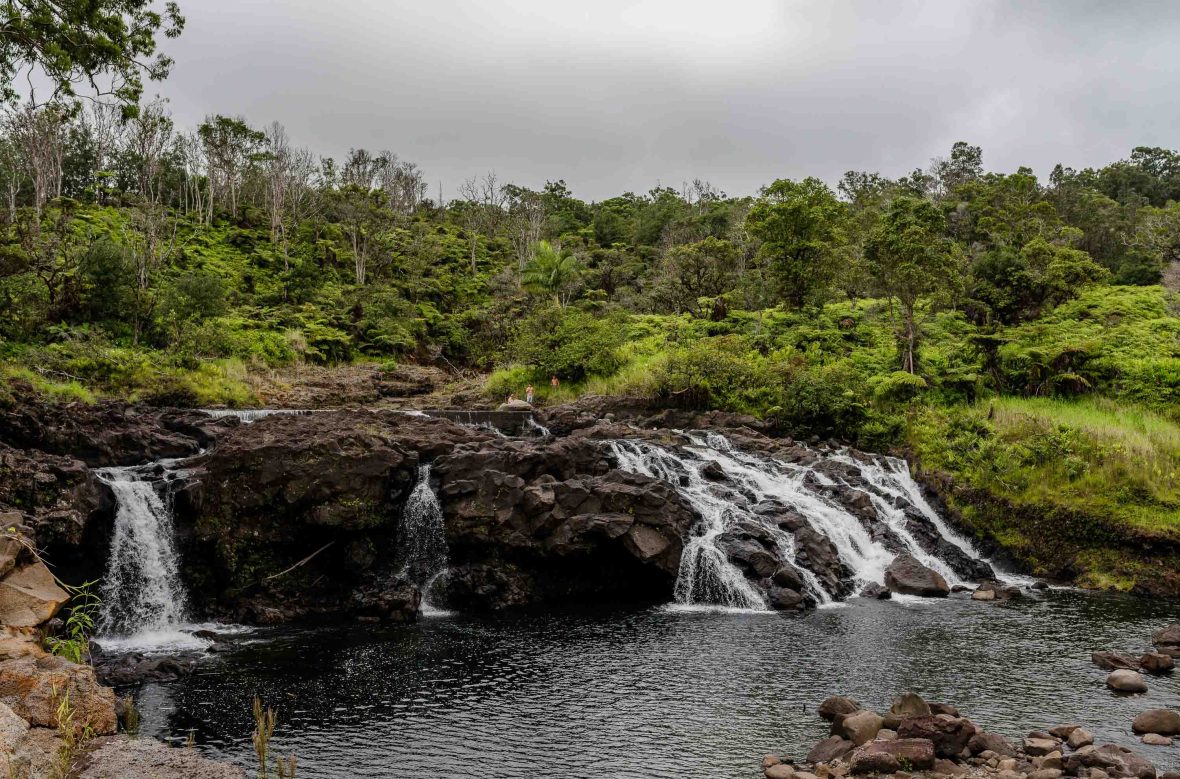
During my week and a half on Hawai’i Island, I stayed with a motley mix of blue-collar Hawaiian locals and retired hippies from the mainland. One host, an ex-military divorcé from California, took me to his favorite diner in Hilo for loco moco—a classic Hawaiian breakfast of spam, white rice, brown gravy, and a fried egg. Later that night, we walked into town to his favorite kava bar to sip that sedative, mildly intoxicating beverage popular across the Pacific.
Another host, a kid in his 20s who worked as a DJ in Hilo, told me about a legendary nude beach in a remote corner of Hawai’i Island. Getting to the beach, he explained, required an hour-and-a-half hike from the highway through the jungle. Before I set out to corroborate his information, my young host gave me some provisions for the road: Some specially-made baked goods and a baggie of a certain dried fungus. In return for the hospitality of my hosts, I washed dishes, cooked and pitched in with chores.
I stayed with Ian for two weeks, and by the time I left, he dubbed me “blat,” a term in Tok Pisin—New Guinean pidgin—that roughly means “blood brother.” I don’t know if Ian and I will ever cross paths again, but I’ll always count him as a kindred spirit.
On the flight back to the East Coast, I felt elated. I had gotten to know Hawai’i Island better than any other place I had ever visited. From then on, I was a Couchsurfing devotee. I seized every chance over the subsequent years to backpack—the more remote and dicey the location, the more enticing to me. I couchsurfed through the steppes of Central Asia, the rainforests of Brazil, the highlands of Papua New Guinea, and even guerilla-controlled regions of Colombia.
Like that first trip to Hawai’i, Couchsurfing made my trips incalculably more educational. Having coffee in the morning with my hosts. Learning bits of a new language with their family members. Breaking bread at their tables. Couchsurfing allowed me glimpses into the soul of the lands through which I passed.
Some hosts became lifelong friends. In 2013, I crossed the Ecuadorian border into Colombia. The day after my arrival, armed conflict erupted in southern Colombia between the military and Marxist guerilla groups. Hotels and airports shut down, and agitators blocked the way back to Ecuador. I was effectively stranded in the “Zona Roja,” a region deemed highly volatile and dangerous.
Through Couchsurfing, I contacted a host in Cali, a city that in normal times was only a day’s car ride from southern Colombia. After a nerve-wracking week of hitchhiking through roadblocks and roads strewn with the debris of warfare—to this day, the tensest episode of my life—I finally arrived in Cali. Andres, my host, insisted that I stay with his family for two weeks to recuperate.
We became instant buddies, and Andres showed me the best of Cali, his beloved hometown. At night, we went to street parties, and during the day, we explored Cali’s mountains and neighborhoods. Andres’ primas (female cousins), who were as bad at English as I was at Spanish, had good laughs on several occasions trying to teach me the steps of Caleña salsa.
When I finally departed Cali for a city farther north in Colombia, Andres’ family threw a despedida in my honor, a going-away party graced by relatives, neighbors and copious quantities of Colombian rum. A decade later, I got a call out of the blue from Andres on WhatsApp. He had gotten engaged and requested my presence at his wedding.
In Papua New Guinea, a nation in Oceania so remote that tourism is almost non-existent, I formed a similar bond with my host, Ian, a 21-year-old highlander. Although barely out of his teens, Ian had survived tribal battles in New Guinea’s mountainous interior and had the visible scars to prove it.
Each cold, misty morning on his porch overlooking the hills, we drank coffee, smoked hand-rolled cigarettes, and contemplated the mysteries of love and life. I stayed with Ian for two weeks, and by the time I left, he dubbed me “blat,” a term in Tok Pisin—New Guinean pidgin—that roughly means “blood brother.” I don’t know if Ian and I will ever cross paths again, but I’ll always count him as a kindred spirit.
In this weary wayfarer’s humble opinion, couchsurfing is the most rewarding form of cultural immersion there is, in a way that’s impossible in a hotel, Airbnb, or hostel. Staying with locals reveals the spirit of a new place, its joys, values, and struggles.
In Jakarta, a Southeast Asian megalopolis that most tourists only visit en route to Bali, my host, Adrian, took a week off his call center job to show me around the steamy Indonesian capital. A devout Muslim, Adrian rose daily at 5am to pray. Afterwards, we would make a beeline past the mosque to the busy cluster of food carts hawking coffee, breakfast and maybe a clove cigarette. Knowing I taught religious studies, Adrian took me to holy sites in and around Jakarta.
Later we shopped for batik—iridescent, hand-woven Indonesian fabric—in maze-like flea markets. Adrian educated me about the endless smorgasbord of Javanese street fare—halal delicacies redolent of basil, fish sauce, and chili, usually less than $2 per plate.
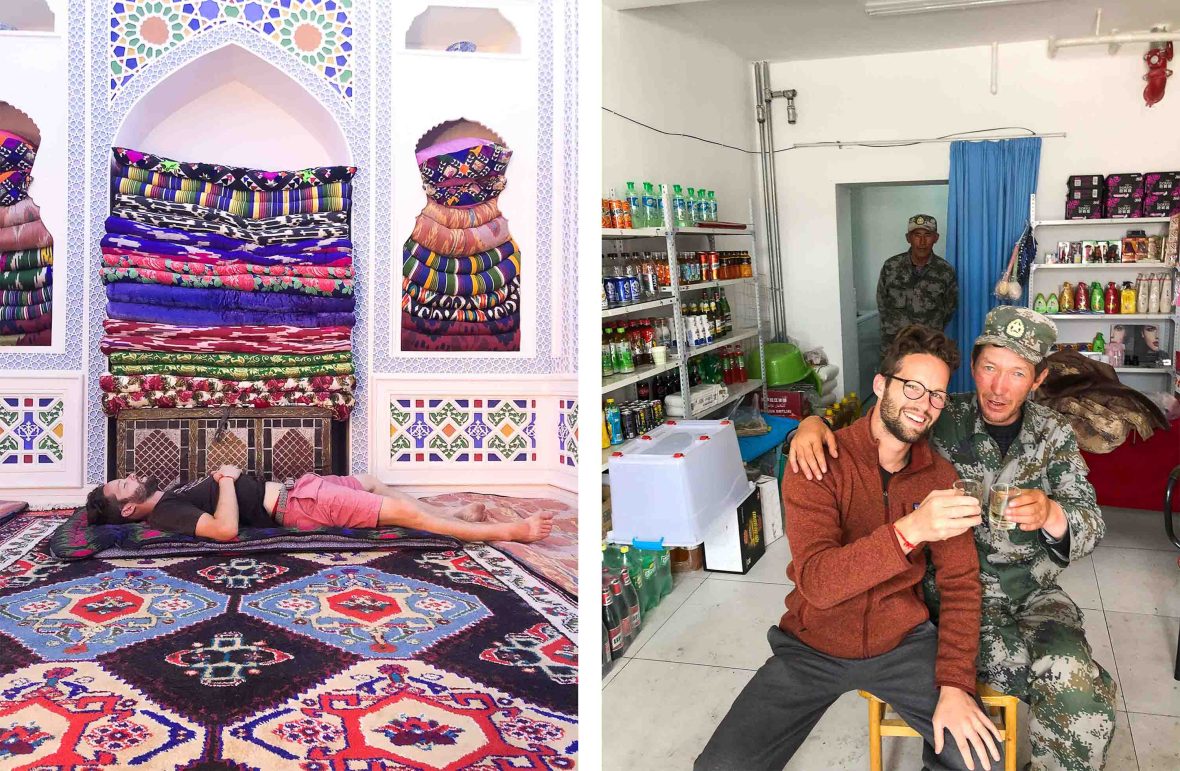
In the spirit of paying it forward, I opened my own home to couchsurfers. My studio apartment in Houston lodged surfers from Asia to Argentina to small towns in West Texas. Hosting gave me a taste of travel while at home, and most of my guests—I always read their profiles and reviews carefully—were models of courtesy and consideration. As I had done when the roles were reversed, my couchsurfers cooked, picked up beer from the local supermarket, and offered trinkets from their home countries like candy or fridge magnets.
There were a few bad apples. A girl from Oklahoma scammed me, a couple from Russia stole clothing, others were slobs—but overall, hosting was almost as fun and educational as being a guest. Years after his visit, I took one of my guests up on an offer to stay with him in Turkey. Like I had done for him in Texas, my host, Pachen, took me to his favorite bars in Istanbul and gave me tips for exploring the glittering, ancient metropolis on the Bosporus.
I am now well into life’s fourth decade, and my Couchsurfing career is in the rearview mirror. I still seek out local connections when I travel, but these days I am less excited about sleeping on yoga mats or cigarette-burned couches. If I’m honest with myself, roughing it is more physically taxing now than it was in my 20s. Hosting couchsurfers is probably off the table, too. Nowadays, I live in a slightly nicer abode with my girlfriend, both deterrents to hosting strangers in my house.
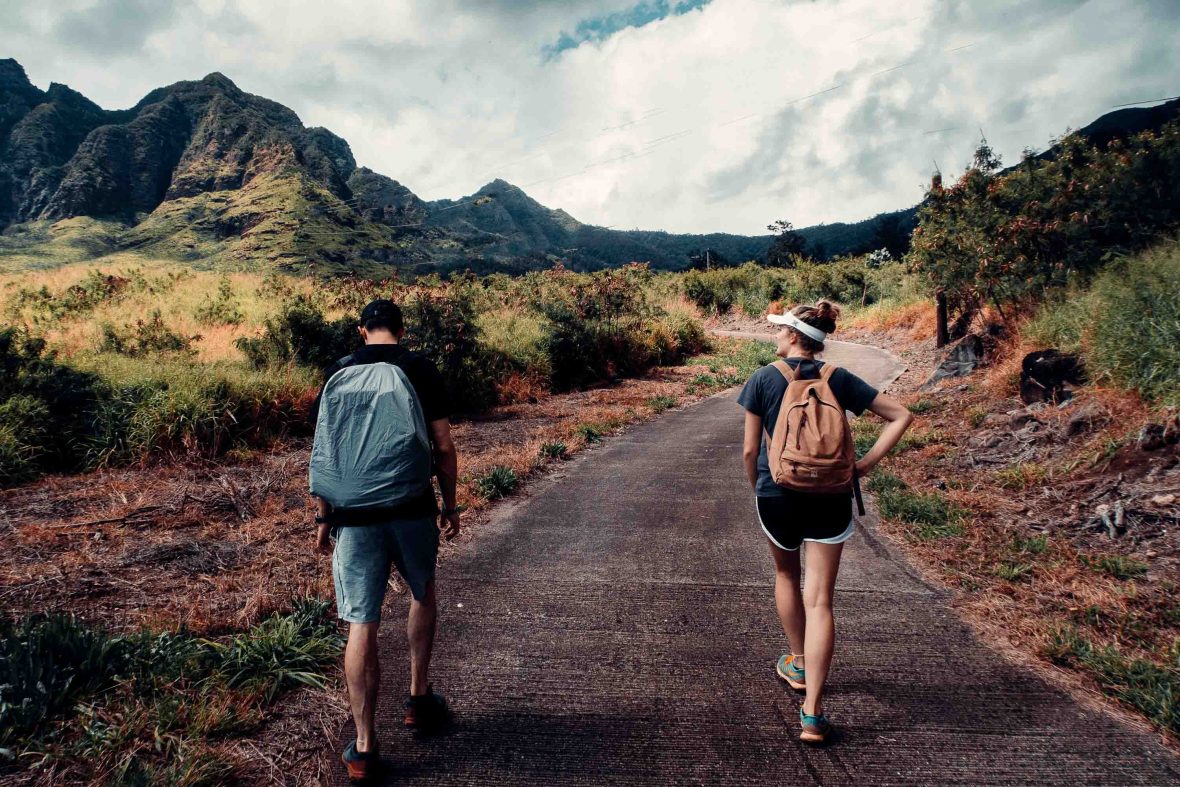
Sadly, the pandemic might have signaled the death knell for Couchsurfing. Although CS switched from a non-profit to for-profit model in 2011, a change accompanied by significant injections of VC funding, the community always seemed held together by just a few threads. In a 2020 open letter citing the hardships faced by the travel industry writ large, Couchsurfing finally required members to pay a fee: $15 annually or $25 for a lifetime membership.
Twenty-five dollars may be no big deal for many living in the US or Europe, but the new fee will exclude many from developing countries. And even before the pandemic, Couchsurfing showed signs of decay. At some point, the site began to resemble a hook-up app. The noble founding ideal of strangers helping strangers in the spirit of cultural exchange seemed to give way to, well, other pursuits.
Several sites modeled on Couchsurfing’s stay-for-free model have arisen in recent years, some founded by former Couchsurfing employees. I hope the original ethos of Couchsurfing survives, either on CS or another platform, for future generations of backpackers—those willing to trade comfort and predictability for the possibility of epic adventure. The world is a friendlier place with Couchsurfing. As Leviticus reminds us, extending hospitality to the stranger in a strange land is a mark of magnanimity almost universally across geography and time. In this weary wayfarer’s humble opinion, couchsurfing is the most rewarding form of cultural immersion there is, in a way that’s impossible in a hotel, Airbnb, or hostel. Staying with locals reveals the spirit of a new place, its joys, values, and struggles.
Thanks to Couchsurfing.com, I have seen a good swath of the globe, including many regions far off the beaten tourist track. For so many memories that will live eternally in my soul’s treasure chest, I am deeply grateful to this quirky community. At least for that halcyon chapter of my 20s, I wouldn’t trade all the luxury travel in the world for the life-affirming joy, friendships, and human connection that couchsurfing gave me.
—-
The article previously stated that Couchsurfing.com survived through donations, which has now been corrected. Couchsurfing switched from a non-profit to for-profit model in 2011 and received significant amounts of VC funding during this time. Nonetheless, CS did not start charging users until the COVID-19 era.
***
Adventure.com strives to be a low-emissions publication, and we are working to reduce our carbon emissions where possible. Emissions generated by the movements of our staff and contributors are carbon offset through our parent company, Intrepid. You can visit our sustainability page and read our Contributor Impact Guidelines for more information. While we take our commitment to people and planet seriously, we acknowledge that we still have plenty of work to do, and we welcome all feedback and suggestions from our readers. You can contact us any time at hello@adventure.com. Please allow up to one week for a response.

Johnny Motley is a Brooklyn-based educator and writer-photographer with bylines on Matador Network, The Points Guy and others. Research and curiosity have taken him to Papua New Guinea, the Amazon Rainforest, and the Silk Road, while Japan and the Himalayas are next on his dream travel list.
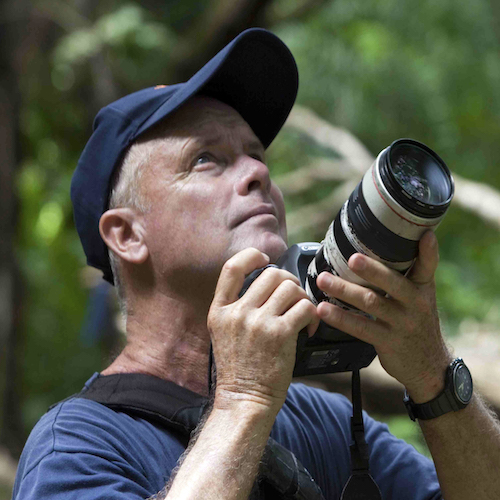

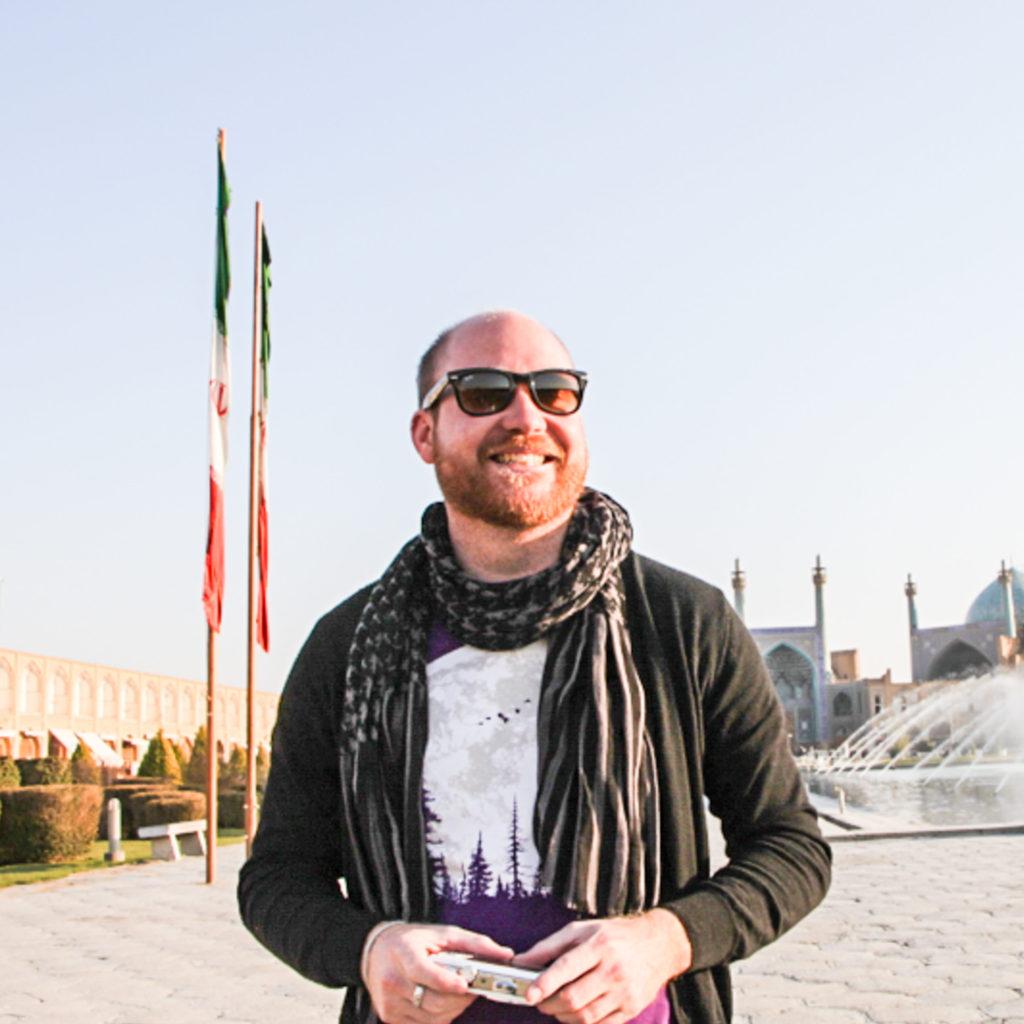



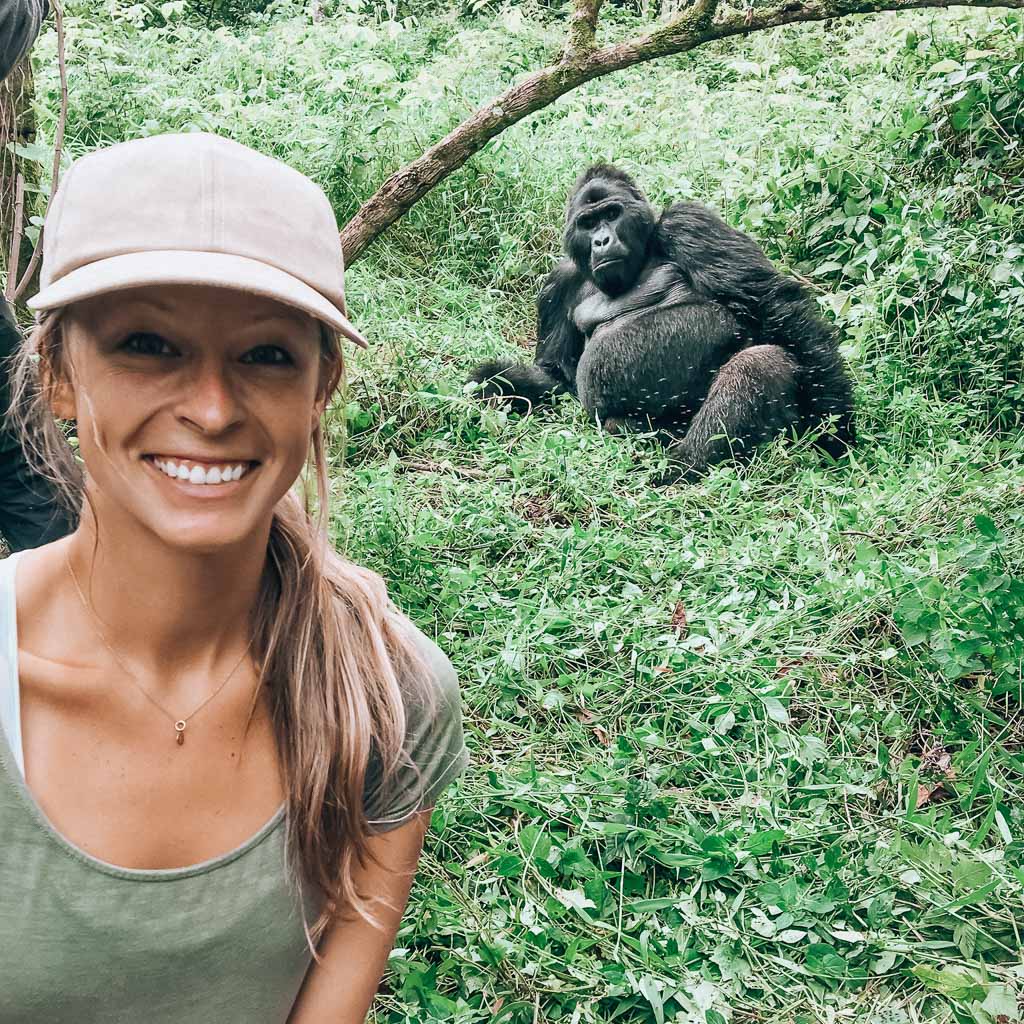

Can't find what you're looking for? Try using these tags: